In a world that often pulls us in a hundred different directions, finding inner harmony can feel like an impossible task. But when we talk about true wellbeing, it’s not just about avoiding stress or managing symptoms—it’s about creating a sense of alignment within ourselves.
Inner harmony is the feeling of balance between your mind, body, emotions, and spirit. It’s when your thoughts, actions, and values are in sync, creating a deep sense of calm and connection. And while life will always bring challenges, cultivating inner harmony helps you respond with resilience instead of reactivity.
Why Inner Harmony Matters for Your Health and Wellbeing
When we’re disconnected from inner harmony, it often shows up as stress, anxiety, physical tension, or emotional overwhelm. Research has shown that chronic emotional stress can weaken the immune system, contribute to inflammation, and increase the risk of mental health challenges like anxiety and depression (Slavich & Irwin, 2014).
On the other hand, practices that restore inner harmony—like mindfulness, meditation, and breathwork—have been proven to lower stress, reduce anxiety, and even improve physical health (Khoury et al., 2015). These practices help regulate the nervous system, giving the body and mind a chance to reset.
Even our relationships benefit when we cultivate inner harmony. According to the Harvard Study of Adult Development, people who felt emotionally balanced and had strong connections lived longer, healthier lives. When we’re at peace within ourselves, it naturally improves how we connect with others.

How Holistic Counselling Supports Inner Harmony
Holistic counselling is designed to help you reconnect with your inner harmony—working with the whole person, not just the symptoms. It recognises that our emotional, physical, mental, and spiritual health are all deeply connected.
Here’s how holistic focussed counselling sessions can help:
1. Reconnecting You to What Feels True
Holistic counselling creates space to explore what truly matters to you. When you align your actions with your values, you begin to experience inner harmony—that sense of living in integrity with who you really are.
2. Learn Techniques to Calm the Nervous System
Practices like breathwork, mindfulness, and somatic therapies help you tune into your body’s wisdom. These techniques support inner harmony by calming your nervous system and creating space between stimulus and response.
3. Emotional Awareness and Release
Unprocessed emotions create inner tension and imbalance. Holistic counselling allows you to safely explore and release what you’ve been holding onto—making room for greater ease and flow.
4. Strengthening Relationships Through Self-Awareness
When you feel more connected to yourself, you show up differently in your relationships. Holistic counselling helps you communicate your needs, set healthy boundaries, and build connections that support your wellbeing.

Simple Ways to Invite Inner Harmony into Your Day
- Start a daily mindfulness or meditation practice
- Journal your thoughts and emotions without judgment
- Spend time in nature to reset and ground
- Move your body in a way that feels good—yoga, walking, dancing
- Practice self-compassion when things don’t go as planned
Inner harmony isn’t about getting life perfect—it’s about creating space within yourself to feel grounded, calm, and aligned, no matter what life throws your way.
Holistic counselling offers a powerful path back to that balance, supporting your mind, body, and soul. When you nurture inner harmony, you strengthen your ability to meet life with more ease, resilience, and connection.
Looking to find better balance in your life and inner harmony?
DM me in Instagram or Facebook or contact me here.
I currently offer 1:1 Online Holistic Counselling sessions.
References:
- Slavich, G. M., & Irwin, M. R. (2014). From stress to inflammation and major depressive disorder: A social signal transduction theory of depression. Psychological Bulletin, 140(3), 774.
- Khoury, B., Lecomte, T., Fortin, G., et al. (2015). Mindfulness-based therapy: A comprehensive meta-analysis. Clinical Psychology Review, 33(6), 763-771.
- Waldinger, R. J., & Schulz, M. S. (2010). What’s love got to do with it? Social functioning, perceived health, and daily happiness in married octogenarians. Psychology and Aging, 25(2), 422.



